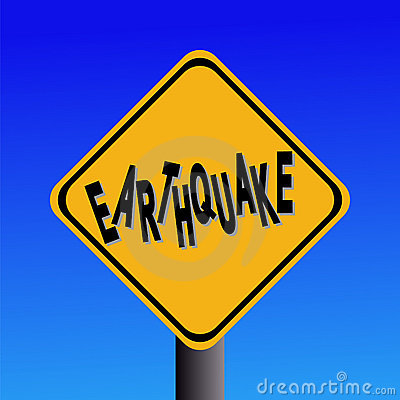We’ve written about fracking and earthquakes before. Now some Canadian scientists have gone and done a study of fracking and earthquakes, and determined that fracking causes earthquakes in certain places in the Great White North.
There are a couple of important points made in the article.
The first is that earthquakes have not been caused by fracking in the United States. At least, not often. I suspect that fracking has caused more earthquakes than the industry would like to admit. However, the studies don’t appear to support a strong relationship between fracking and earthquakes. Luckily, the earthquakes that do appear to be caused by fracking are small enough that they don’t typically do damage, and the huge majority of them aren’t even felt by anybody. The recent earthquake in Cushing, Oklahoma was enough to do some damage, however, and may (or may not) have occurred because of fracking. The trouble is, it’s almost impossible to determine whether fracking caused it.
The other point in the article is that the earthquakes were caused in two ways, “by increases in pressure as the fracking occurred, and, for a time after the process was completed, by pressure changes brought on by the lingering presence of fracking fluid.”
In other words, it was the change in pressure that triggered the earthquakes, not lubrication of a fault. I had previously understood that lubrication could cause an earthquake, but this study throws serious doubt on that.
The article points out that different areas react differently. Some places will have no fracking-induced earthquakes, others will, and some areas will have wastewater injection-induced earthquakes. As usual, there is not one-size-fits-all answer here. It seems that different geology leads to different results.
If you’d like to do some more reading about fracking-induced and injection-induced earthquakes, the USGS has a couple of web pages on the subject.

